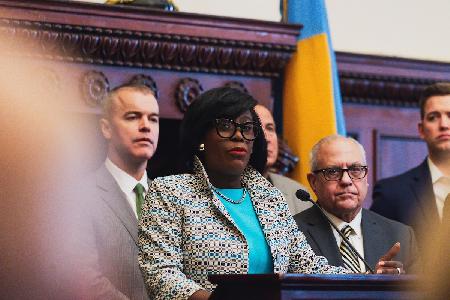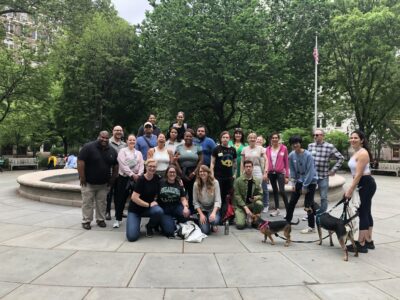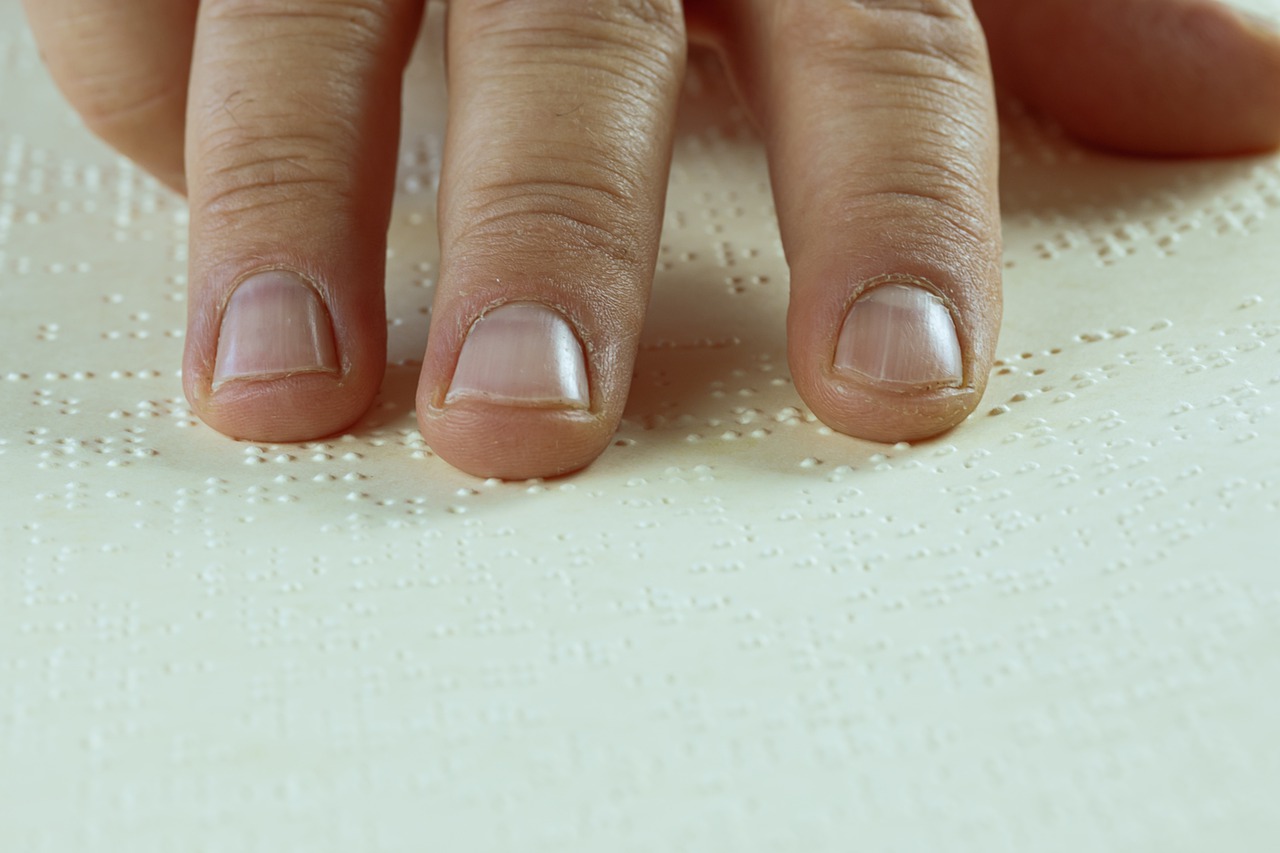“To have to fight for the right to vote in 2020 is quite frankly, degrading.”
— Lynn Heitz, president, National Federation of the Blind of Pennsylvania
This past April, Pennsylvania received more than $14 million in federal and local aid to ensure that the pandemic did not suppress voter turnout. The primary election date was moved from April to June and gave the Commonwealth time to heavily promote the new no-excuse mail-in ballot, deemed a safer alternative to in-person voting.
But for the blind or visually impaired, this presented another challenge. The mail-in ballots were not available in either braille or in large print, making it almost mandatory to need sighted assistance. Blind voters would have to choose between risking their health or possibly sacrificing a long-treasured right to vote.
When the National Federation of the Blind of Pennsylvania (NFBP) brought their concerns to the Department of State, their issues were largely dismissed. Eventually, the NFBP filed a lawsuit against the department, demanding an immediate, accessible and equally safe option for the June primary.
In May of this year, the Federation received a victory — of sorts.
While the OmniBallot (an accessible remote ballot) allows blind voters to use screen readers and other assistive technology to electronically receive and complete a ballot safely and privately, the ballot does not allow e-signing. This means it has to be printed out — a problem for blind voters who do not have printers.
Ballots also need to be mailed or taken to a designated drop-off location. Further, voters later learned that the return envelopes (which had to be separately requested) contained additional verification instructions — which are not accessible through screen readers. And if this information was not completed, the ballot would not be counted.
“While we’re glad Pennsylvania used the OmniBallot, it is still not a completely accessible way for us to vote privately and independently,” said Joseph Drenth, first VP of NFBP, and the lead plaintiff in the lawsuit.
So far, only a handful of visually impaired voters have used the OmniBallot.
Lynn Heitz, president of NFBP, said that their organization did its best to spread the word, but she was disappointed that the state was not more aggressive at promoting its availability.
“The link was practically buried on the Votes PA website,” Heitz said. “Seems like if you were testing out something new and really wanted people to use it, shouldn’t it be on the front page?”
For this November election, Drenth painstakingly completed his OmniBallot. Because the OmniBallot is not fully accessible, Lynn decided to vote in person. She reported a much better experience than in June, when the audio feature of the accessible machine failed. The Judge of Elections on site had to read the remaining questions to her to complete the vote.
As one with low-vision, this reporter was excited to use the new accessible machines. I had used it last November and, for the first time in many years, didn’t find voting so painful. A worker recognized me and remembered I was visually impaired and graciously offered any assistance. I am happy to report I was able to vote privately and independently — which is what we want.
Join the conversation!
Find news, events, jobs and people who share your interests on Technical.ly's open community Slack

Philly’s IT department fires long-tenured staff amid a high-level shakeup of priorities

Why is it so hard to find entry-level software engineering jobs?

This Week in Jobs: Get out there with 22 new job opportunities available to you!


